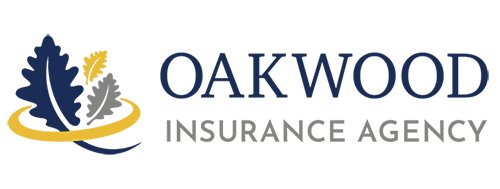Coverage Gaps You May Have In Your Commercial Insurance
A Commercial Insurance Update
If it has been over a year since an agent has reviewed your commercial insurance program, you may have several coverage gaps. A lot has changed in the last 12 to 18 months, and your commercial insurance must keep up with your risks.
Most risk and insurance experts have identified the risks that will impact your business in 2022 and beyond. These are in no particular order. We can offer commercial insurance solutions that will help your business manage risk keep moving forward.
- Cyber risk
- Supply chain and business interruption
- The great resignation
- Increase awareness regarding pollution issues
- General safety
Cyber Risk
Did you know that the average small business is more likely to experience a cyber breach than a fire? This is correct, and your commercial insurance policy will most likely not cover cyber liability losses.
Technology has made it possible for the average criminal to enter the world of cybercrime. Small businesses are a prime target because most have little or no protection. Criminals can buy programs that can be configured to hack dozens of businesses at the same time. It is important that your company has business insurance, including cyber liability insurance.
Every state has enacted legislation requiring notification of all customers affected by a data breach, regardless of whether their information was used maliciously. In most cases, the notification also requires the customer to choose between one year of credit monitoring services and a new card or account number. Each individual affected by the breach may incur costs of up to $250.
Supply Chain and business interruption
As previously stated, COVID-19 has caused widespread havoc, particularly throughout the supply chain. One recent report suggested supply chain issues could be in place through Christmas, and a computer chip shortage has hindered production in the auto industry for months. These, along with a normal loss, can create business interruption losses. Business Interruption Insurance (BII) is designed to protect businesses from these types of risks. BII is often part of packaged commercial insurance policies or is purchased in conjunction with business property insurance.
One reason for this is that the perils, or causes of loss, are usually the same for property insurance as for business interruption insurance. A variation in BII designed for those enterprises that depend heavily on outside suppliers is called contingent Business interruption insurance. Loss in business income due to the inability of a supplier to provide goods or services can be insured against in many circumstances.
The great resignation
According to the U.S. Bureau of Labor Statistics, 4.5 million Americans quit their jobs of work by July 2022. Resignations peaked in April and have remained unusually high in recent months, with a record-breaking 10.9 million open jobs at the end of July. In the face of such a tidal wave of resignations, how can employers keep their employees?
Two things your business can do to better manage the employment relationship is to;
- Offer a variety of employee benefits like; flexible hours, remote work, benefits, Classes, and special programs that enhance employees’ lives and broad health care options.
- Make sure your business has employment liability insurance coverage. EPLI protects against many kinds of employee lawsuits, including claims of:
- Sexual harassment
- Discrimination
- Wrongful termination
- Breach of employment contract
- Negligent evaluation
- Failure to employ or promote
- Wrongful discipline
- Deprivation of career opportunity
- Wrongful infliction of emotional distress
- Mismanagement of employee benefit plans
Pollution Liability
Pollution liability coverage is available to businesses that emit hazardous waste emissions during manufacturing, such as oil, agribusiness, construction, manufacturing, excavation, waste depositories, and asbestos abatement contractors. Policies cover bodily injury and property damage claims, as well as clean-up costs caused by toxic waste contamination. The need for pollution liability insurance is evident for businesses whose operations involve hazardous waste exposure risks, such as asbestos abatement or waste depository. If you own an industrial site that does not generate hazardous waste, pollution liability insurance may still be a good investment.
General Safety
There is no doubt that COVID-19 changed the way we did business. But most people will continue to implement safety protocols, such as. Make certain that your facility is completely clean, disinfected, and equipped with a plan for maintaining safe conditions.
Provide a support system for employees as they return to work and adjust to the new realities and emotional challenges posed by the post COVID-19 pandemic.
Developing a plan for a safe work environment that protects employees and

